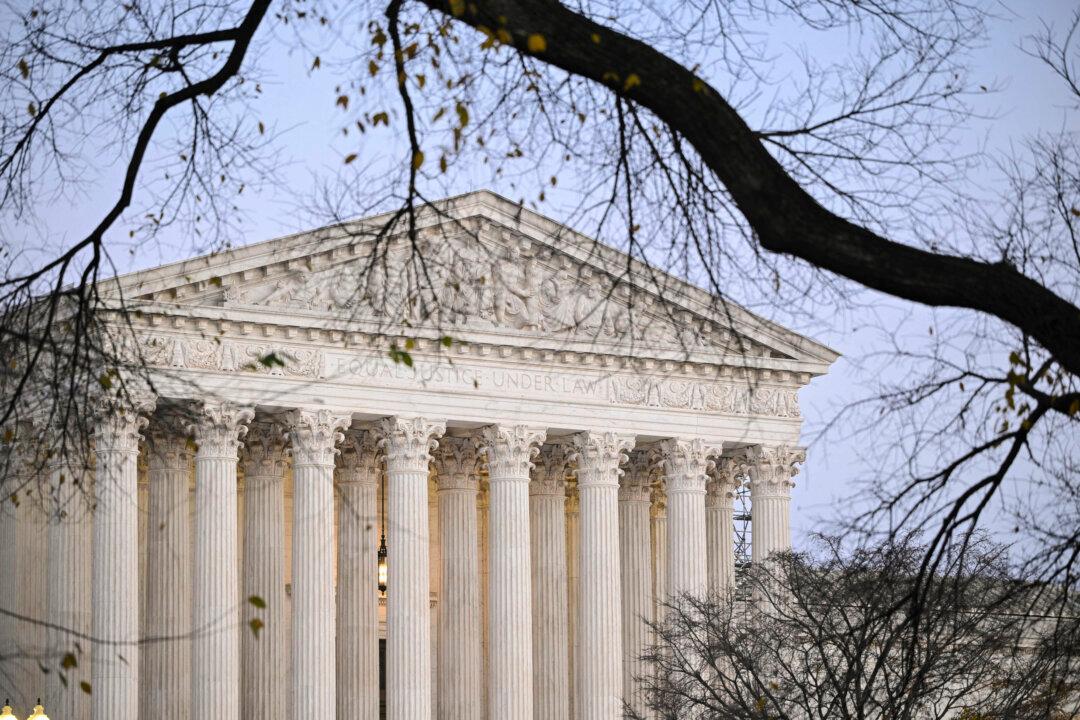A request to prevent West Point from using affirmative action in the student admissions process is still pending at the U.S. Supreme Court after the U.S. Court of Appeals for the Second Circuit denied the same request on Jan. 29.
The Supreme Court application from Students for Fair Admissions (SFFA) comes after the nation’s highest court struck down the use of racially discriminatory admissions policies at U.S. colleges in June 2023. SFFA was the litigant driving that case.





